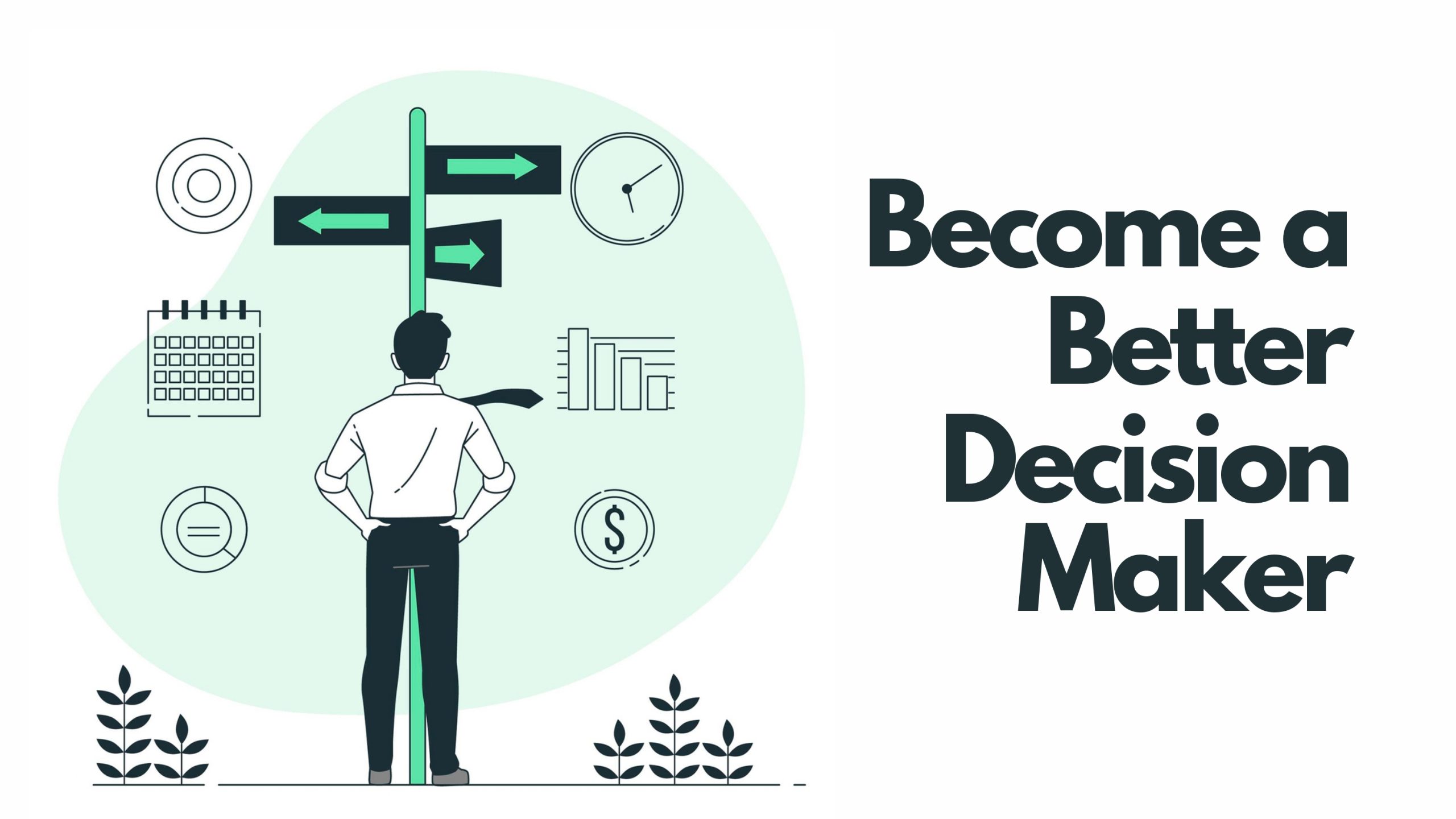Making decisions is something we do every day, but that doesn’t make it easier. Decisions can impact every aspect of our lives, so poor choices can lead to long-lasting consequences. Even small decisions can mess up our days, weeks, or months. It’s important to find tools to make better choices, and it’s essential that we discover our own biases and flaws, as these will help us do better. Here are the main reasons why you should learn all about your dark side.
It will help you reduce your blind spot
We all have our blind spots. Sometimes, we just seem to pick the same kind of partner over and over again. Others, we just make the same financial choices that have brought us problems in the past.
When we acknowledge that we might have bias and do so openly, it can help us reduce the influence of negative patterns on our decision-making. Just acknowledging it can make us more willing to ask for help and advice or to go over the decision one more time with fresh eyes.
It will allow you more freedom
Famous psychologist Carl Jung states that: “Everyone carries a shadow, and the less it is embodied in the individual’s conscious life, the blacker and denser it is. At all counts, it forms an unconscious snag, thwarting our most well-meant intentions.” What this means is that when we don’t recognize the dark aspects of ourselves, we are more subject to them.
If we refuse to acknowledge that we are, for instance, biased against a certain group of people, we will find endless justification for treating them differently. But if we accept this, we open the door to the possibility of change. From a place of acceptance, we can become free and make choices without the unconscious influence of bias.
It helps us avoid unrealistic expectations
When we make decisions without acknowledging our flaws, we might be overconfident. We fail to recognize our weaknesses and prepare for the issues that we could face and the challenges that have appeared in the past.
Often, we expect that each time will be different from the last one, because we don’t notice our flaws, only our positive qualities. This means that we forget, conveniently, about the tendencies we have shown in the past.
When we acknowledge our flaws, we can make a more realistic choice and also set expectations according to reality rather than hope, which can lead to better outcomes.
It empowers you to see yourself as a whole being
Nobody is perfect. We say this, but we still often might feel that we should be perfect. We are unwilling to recognize that we do things the same as other people and that we are not perfect. We sometimes try to put on the facade that we are flawless and lie even to ourselves to avoid recognizing the problems we have.
Accepting flaws can help us see who we are and feel good with our whole self. We can accept who we are and move forward with everything, rather than try to fight aspects of who we are.
When you see yourself as a whole being, your choices can become different. You are less likely to make decisions from a place of self-hatred. Decisions rooted in acceptance have a higher chance of leading us to success and helping us achieve better results.
It allows you to make your own choices
When you ignore a bit part of your thinking, it’s more likely that you will be swayed by others. You have a blind spot, and those around you might notice and take advantage of this.
If you are aware and cultivate mindfulness in regards to yourself, it’s much harder for you to be influenced. Instead, you will have the will and the ability to make your own choices.
Jung, and other authors after him, have often spoken about how self-awareness grants us more control over our lives. We are able to make better choices because we see the world, ourselves, and our futures more clearly. There are no distortions to lead us astray. Through figuring out our biases and flaws, we can also discover our true North.

